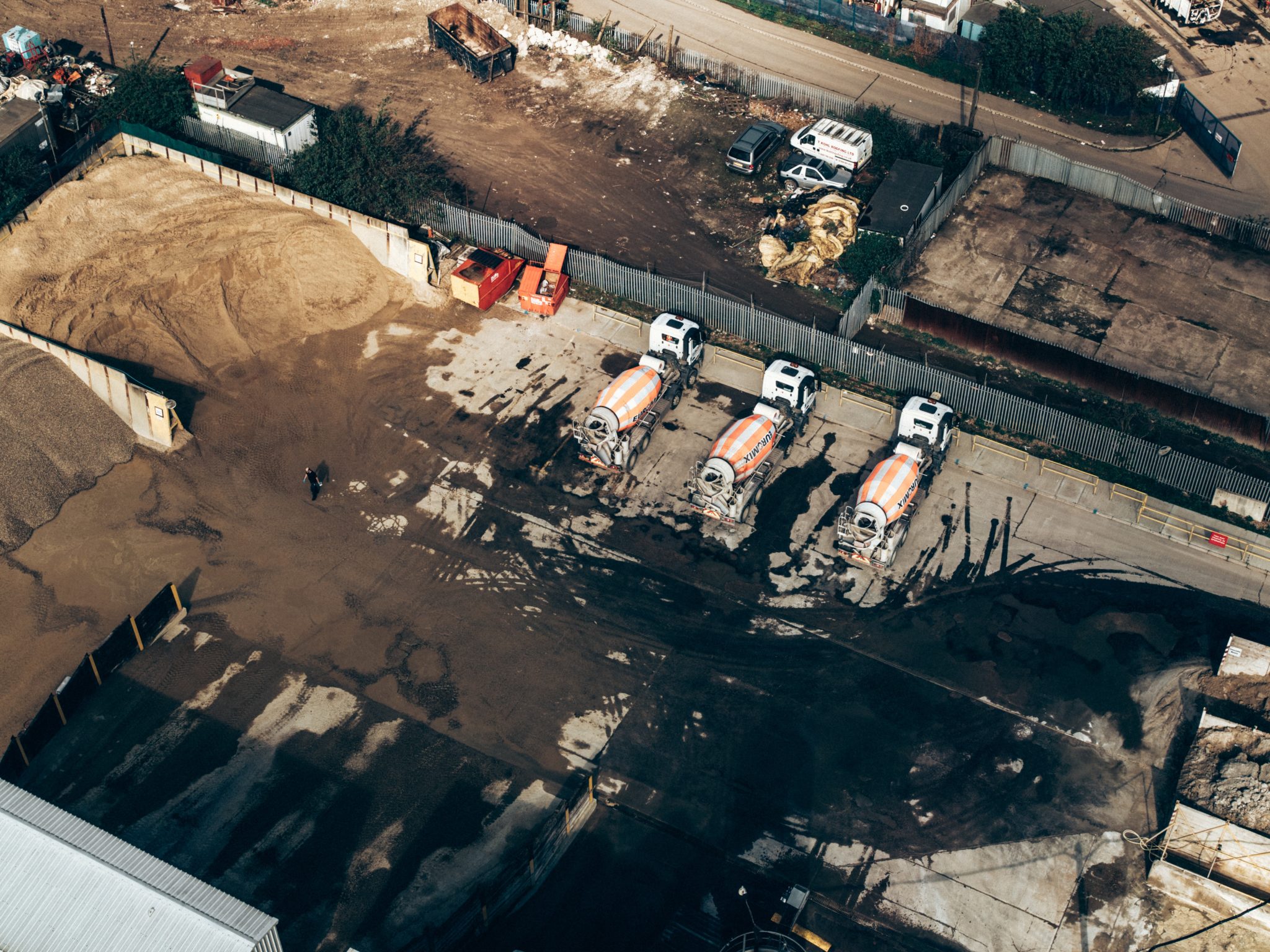
Jason Vazquez is a staff attorney at the International Brotherhood of Teamsters. He graduated from Harvard Law School in 2023. His writing on this blog reflects his personal views and should not be attributed to the Teamsters.
The Supreme Court heard oral arguments yesterday in Glacier Northwest , which involves strike activity, tort liability, and NLRA preemption. The background and implications of the case have been covered extensively on this blog.
The company’s central contention was that a state court, not a federal agency, should be tasked with ascertaining whether the facts alleged in a tort action implicate the protections of federal labor law. “[I]f the complaint alleges clearly unprotected conduct and the only issue is whether those allegations are true,” the company argued, “the state court gets first crack at resolving the facts.” Where the judge determines the union’s conduct does not implicate the NLRA’s protections, the company contended, he is entitled to adjudicate the merits of the action even if a related proceeding is pending before the Board. But where the judge determines the disputed activity comes within the Act’s protective penumbra, Garmon preemption principles dictate the Board must decide whether the conduct is actually protected.
The Biden administration, which filed an amicus brief in support of “neither party,” sought to offer the justices an offramp. The solicitor general asserted that threshold factual questions must be resolved by the Board, not a state court. Substantively, the administration conceded that strike activities which result in the intentional destruction of an employer’s property should not be protected but attempted to distinguish such destructive conduct from “the sort of routine consequence that attends any strike” — i.e., “the mere spoilage of a perishable product after people walk off from the job” — which, in the administration’s view, should remain protected.
Arguing on behalf of the union, a Teamsters local, the firm Barnard Iglitzin & Lavitt contended that under Garmon jurisdiction over the threshold determination of whether a disputed labor activity is arguably within the Act’s purview rests with the Board, the entity Congress entrusted to adjust labor disputes. On the substantive issue, the union acknowledged that settled caselaw strips strikers of statutory protection where they neglect to adopt reasonable precautions to avoid aggravated or foreseeable harm to employer property but insisted that the damage to perishables at issue in Glacier has never been considered sufficient to meet this standard.
The Court is expected to issue its ruling sometime this summer.
In other news, employees at Apple’s first unionized store began bargaining with management today. Located near Baltimore, the shop voted to unionize last summer, as Swap described at the time.






Daily News & Commentary
Start your day with our roundup of the latest labor developments. See all
February 9
FTC argues DEI is anticompetitive collusion, Supreme Court may decide scope of exception to forced arbitration, NJ pauses ABC test rule.
February 8
The Second Circuit rejects a constitutional challenge to the NLRB, pharmacy and lab technicians join a California healthcare strike, and the EEOC defends a single better-paid worker standard in Equal Pay Act suits.
February 6
The California Supreme Court rules on an arbitration agreement, Trump administration announces new rule on civil service protections, and states modify affirmative action requirements
February 5
Minnesota schools and teachers sue to limit ICE presence near schools; labor leaders call on Newsom to protect workers from AI; UAW and Volkswagen reach a tentative agreement.
February 4
Lawsuit challenges Trump Gold Card; insurance coverage of fertility services; moratorium on layoffs for federal workers extended
February 3
In today’s news and commentary, Bloomberg reports on a drop in unionization, Starbucks challenges an NLRB ruling, and a federal judge blocks DHS termination of protections for Haitian migrants. Volatile economic conditions and a shifting political climate drove new union membership sharply lower in 2025, according to a Bloomberg Law report analyzing trends in labor […]